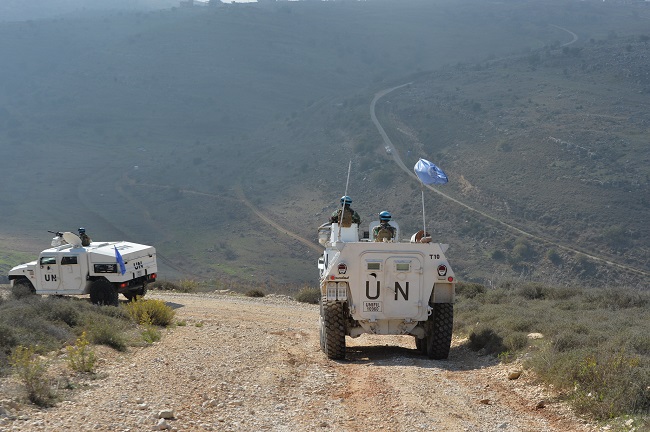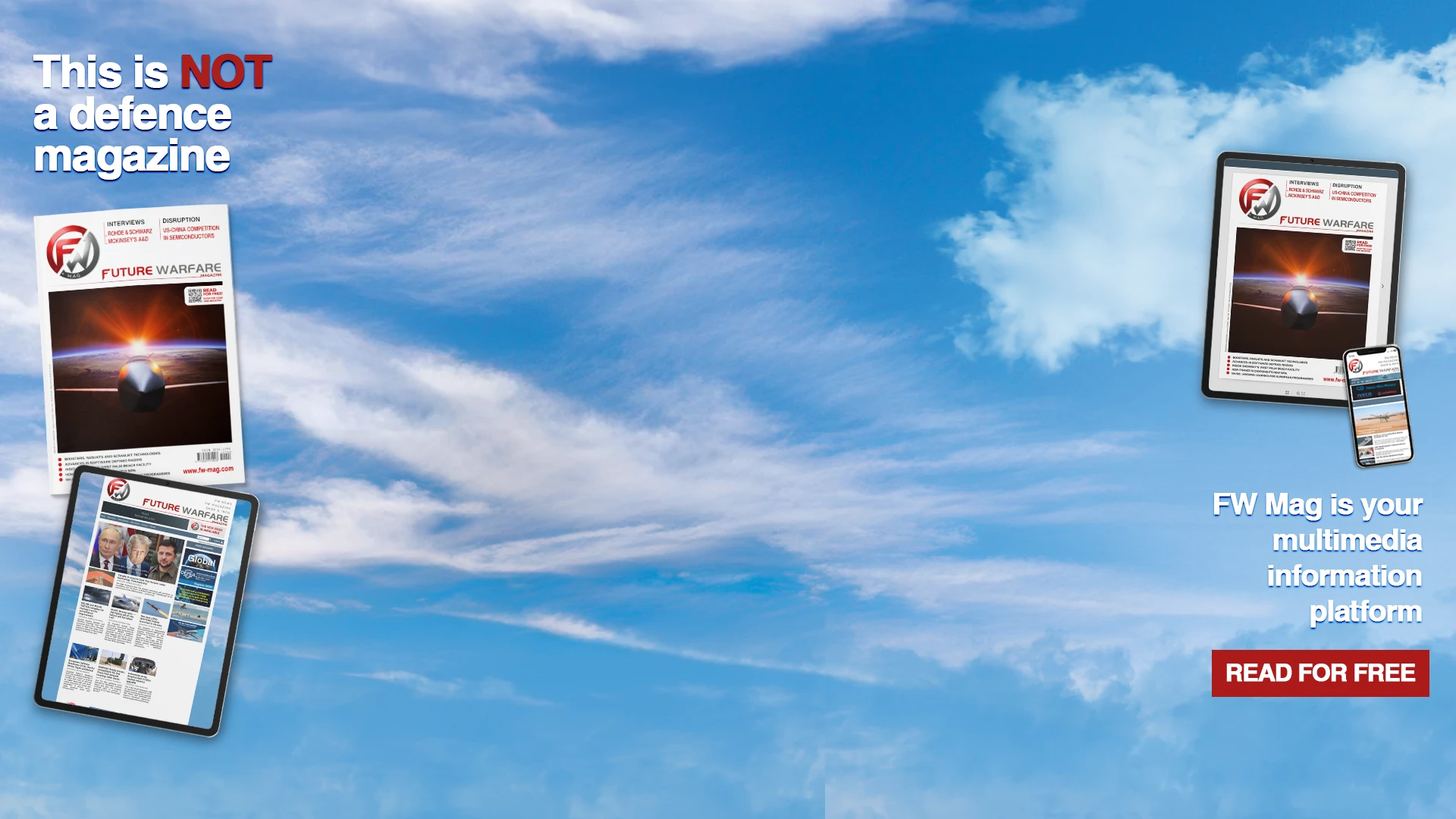
International diplomatic circles seem to agree that strengthening the UNIFIL mission, following a cease-fire, is a possible means to end the war between Israel and Hezbollah.
After all, UNIFIL is the only credible international actor on the ground, with little to no other alternatives as of today – finding an agreement for a new mission would take ages.
In principle, a ceasefire would benefit both sides. A pause would serve to breath and regroup, to both.
Hezbollah is defeated, but not annihilated. The blows it has withstood have been very hard, but the men of the Party of God are holding against the IDF in the south of the country, fighting meter by meter and imposing attrition and fatigue.
Israel, for its part, has achieved the result of having significantly downsized the adversary's infrastructure, but it cannot get stuck into a too long campaign. The costs of war are exorbitant: the staggering consumption of bombs, missiles, interceptors, in addition to the permanent mobilization of more than 300,000 reservists for more than a year, have a huge impact on the economy of a country the size of Israel. If the US was not support Israel, it would be disaster for Tel Aviv. A cease-fire and withdrawal of Israeli troops from southern villages, then, would be a first step towards a new normal.
Afterward, it would be up to the international community - UN and EU evidently - to intervene by strengthening UNIFIL, starting with expanding the mandate. This should be revised to include more substantial support for the LAF (Lebanese Armed Forces) and to allow for the disarmament and demobilization of militias. All militias, thus not just Hezbollah, but also the militia of Amal, the other major Shiite party, and also the militias of the Christian and Sunni parties.
In short, a major security sector reform programme to convince, or force (by conditioning international aid), the militias to lay down their arms and be reabsorbed into the LAF, as successfully done in some African countries following the civil wars at the end of colonial rule.
What is needed is the strong commitment of the UN and the international community in general as well as an equally strong guarantee from 4 countries: the US must moderate Israeli behaviours while Saudi Arabia, France and Italy, which have played a major role in recent years to hold together the very intricate Lebanese puzzle, must confirm and enhance their commitment.
The EU should play a role as well, if it wants to have a chance to show the world that times have changed and that it can play as protagonist in foreign politics.
Naturally, UNIFIL's contingent needs substantial reinforcement. The current size is insufficient, and a reasonable level of force is at least triple the current size.
The area of responsibility should be extended to other parts of Lebanon, starting with the Beqaa Valley (which has always been outside the control of the Beirut government). Basically, there needs to be a major stabilization and nation building effort, and a long-term investment in Lebanon. Will international stakeholders – starting with the EU and European countries – be ready for that?








